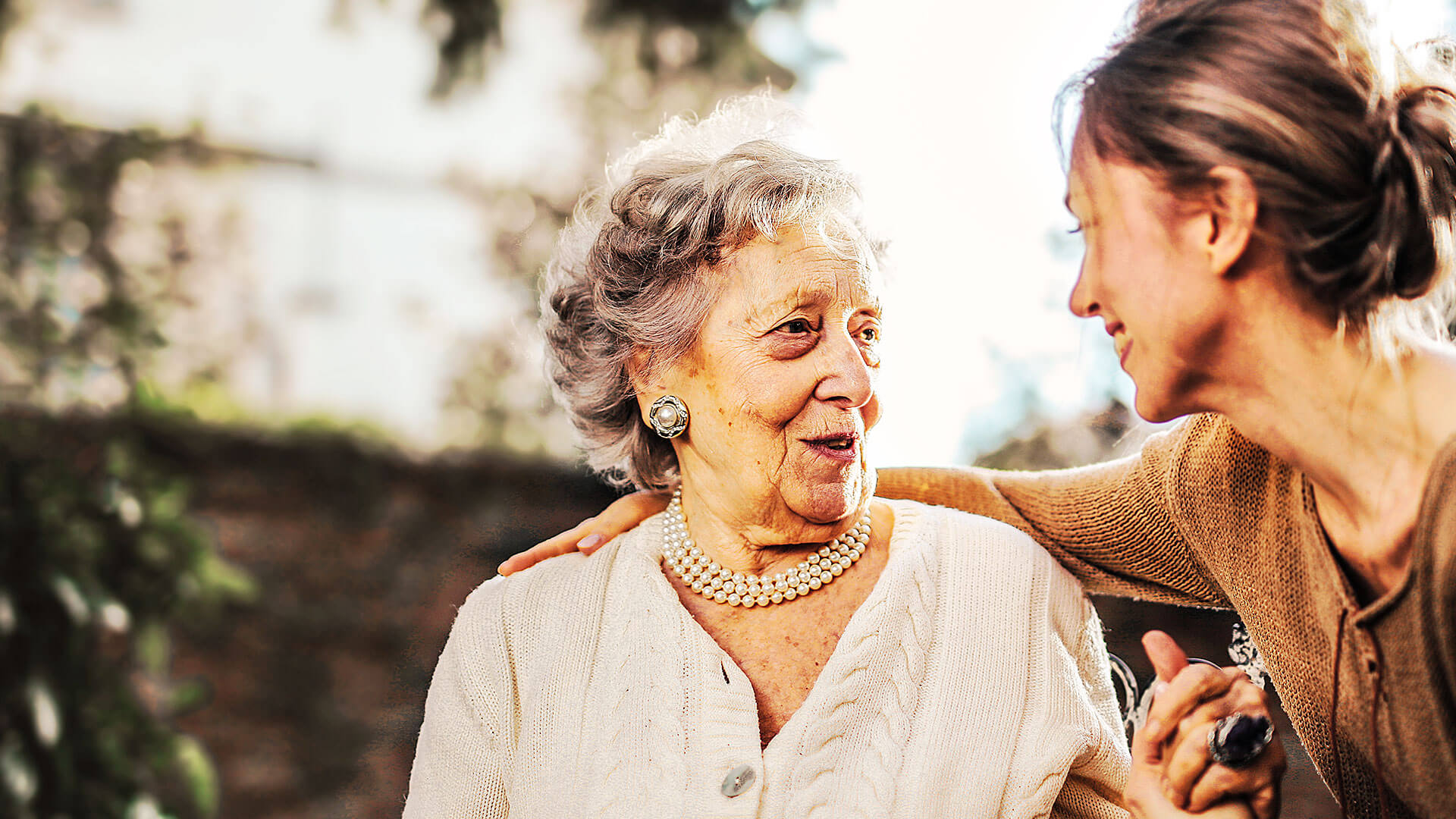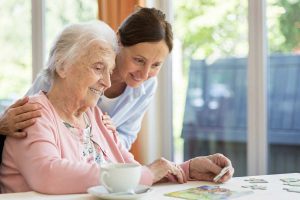
Newsletter 2023.
If you are unsure about whether your elderly relative or friend needs home care, look out for tell-tale signs that show they are finding daily tasks tough.
As people age, they become less mobile, their vision and hearing can deteriorate and they may develop health issues, causing them to need extra support around the home.
However some older people are fiercely proud of their independence and will resent being dependent on others and may conceal the fact that they are struggling to cope.

If you are unsure about whether your elderly relative or friend needs home care, look out for tell-tale signs that show they are finding daily tasks tough.
If your loved one’s physical appearance changes, this can be a red flag that they need extra help at home and can be due to a deterioration in their physical and/or mental state.
Changes can include:
If your relative or friend has recently been bereaved and lost their partner, they may be suffering from loneliness. Loneliness has been found to be as damaging to your health as smoking 15 cigarettes a day, with social isolation causing higher blood pressure and stress as well as triggering overeating and alcohol consumption.
Loneliness can also affect people’s mental health and is linked to depression, anxiety, low self-esteem and sleep problems.
Changes can include:
You may notice that your friend or family member is skipping meals or forgetting to take medication they are on or that they are struggling to carry out day to day tasks that they did effortlessly previously.
Other signs include:
You may find your family member or friend who is normally very tidy and house proud starts to let the laundry pile up and stops cleaning the house. This may be due to mobility issues or they may simply forget to do it or they may just find the whole thing too overwhelming.
Look out for:
People slow down when they age and become less mobile. Their eyesight can worsen and they can become unsteady on their feet. These can lead to falls causing bruises, sprains and broken bones which can all take longer to heal as you get older.
If it seems as if their safety is at risk, then it is definitely time to start looking for home care. In the meantime, go around the house looking for trip hazards such as rugs or furniture and clutter sticking out.
They may not want to tell you they have had a fall as they might not want to worry you or they may be anxious they will lose control over their lives if they seem unable to cope.
So keep a look out for:
Once you have identified that your parent or loved one needs extra support in the home, you should contact your local authority and get a care needs assessment as that will determine how much care they require and what level of care they need.
Once the care needs assessment has been carried out, the person needing home care should get a financial assessment to see if the council will contribute to or pay for their care.
Home care providers tend to offer a whole range of care packages from just a short visit to give medication to longer visits to prepare food and even take the person out on trips to their local café or park.
If you are interested on reading more posts related to this one, click Homecare.co.uk

If you are unsure about whether your elderly relative or friend needs home care, look out for tell-tale signs that show they are finding daily tasks tough.

More than one-third of people aged 65 and older fall each year, and those who fall once are two to three times more likely to fall again.

If your loved one has recently been discharged from the hospital, caregiving has probably become more intense, and your exhaustion has probably deepened.

The report found the adult social care workforce was found to be 83 per cent female, and the average age of the country’s care workers is 44-years-old.
